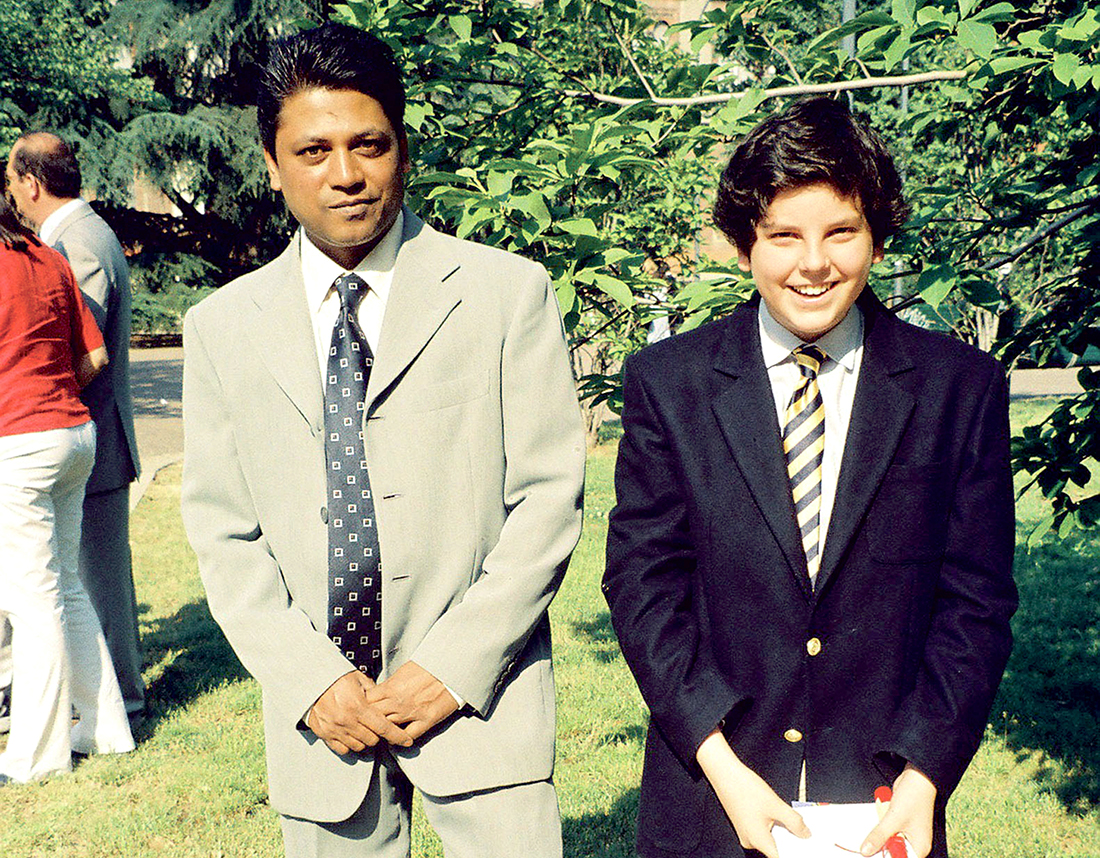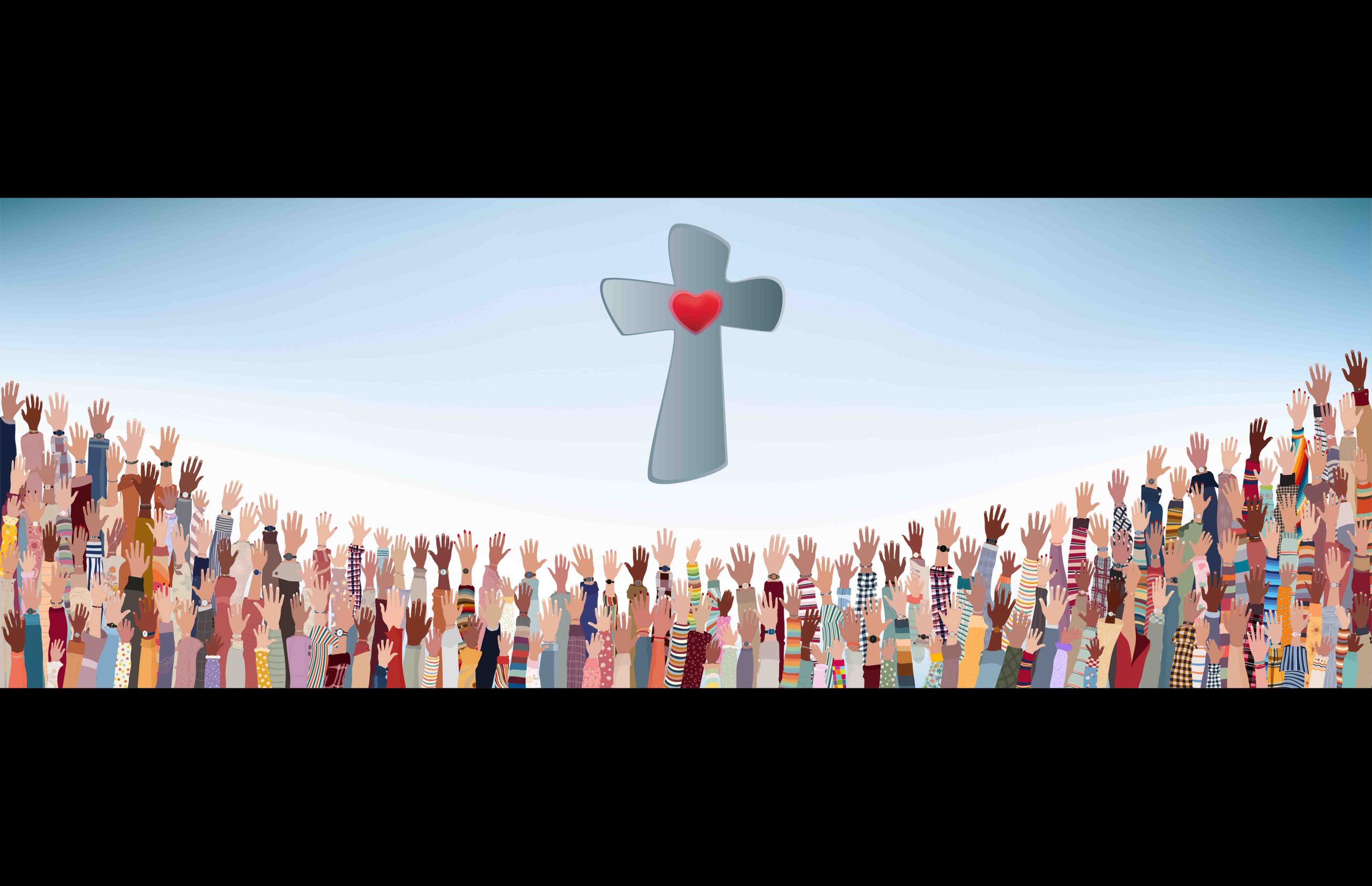It has been defined as the Church’s best-kept secret. Many Catholics actually do not know about it. What is worse, it seems that many people involved in pastoral work are not aware of its existence. It is the social teaching of the Church. Yet, “the social teaching of the Church is an essential part of Catholic faith. This poses a serious challenge for all Catholics, since it weakens our capacity to be a Church that is true to the demands of the Gospel. We need to do more to share the social mission and message of our Church,” this is what the Catholic bishops of the United States wrote in their document, Sharing Catholic Social Teaching: Challenges and Directions.
Over the centuries, the Church has spoken up against injustice and taken the side of the oppressed. This has been a growing awareness process. We see that the Church has understood more and more that siding with the poor, the exploited of society, is not simply a matter of trying to be ‘good.’ It is a demand of the Gospel. This has become even more evident in the past two centuries, when the growing sensibility towards human rights has seen the Church in the forefront of a new consciousness.
Catholic social teaching is not a fixed body of knowledge to turn to. The teaching is contained in hundreds of official documents and in the experience of local communities that fight for justice. In 2004, the Pontifical Council for Justice and Peace published the Compendium of Social Doctrine of the Church. It is a large volume containing all the major modern documents of the Catholic Church regarding its social teaching. It is a good tool to turn to, an important recognition of the role of social teaching in the life of the Church. Yet, we should never forget the challenges, the choices and the achievements obtained by countless Christians who answer to social realities in their daily lives.
To promote justice and peace
The 1891 encyclical letter Rerum Novarum by Leo XIII is considered the first modern document on social issues released by a pope. Before the Rerum Novarum, popes and bishops had taken clear positions against slavery, the oppression of populations by colonizing nations, and other social matters. Yet, it was only recently – modern papal practice of issuing encyclicals began with Benedict XIV (1740-1758) – that the Church has become aware of the importance of an organized pastoral attention to justice, peace, and related social issues. The Vatican Council II proposed the creation of a body whose role would be “to stimulate the Catholic Community to foster progress in needy regions and social justice in the international scene” (G.S., 90). Pope Paul VI then established the Pontifical Commission for Justice and Peace in January 1967. The Commission became a Pontifical Council in 1988, when Pope John Paul II wrote the letter Pastor Bonus which spelled out the objectives of the Council for Justice and Peace. Following this document, the Council should promote justice and peace in the world, in the light of the Gospel and of the social teaching of the Church.
In a particular way, the Council is responsible to study and expand the social doctrine of the Church. Yet, the aim is not to study in order to produce more documents, but instead to make the teaching available to local Christian communities. This is why, the Pope asks the people involved in justice and peace to study issues where they are most felt: in the midst of people. The first objective is then to study the relationships between people, especially when these lead to tensions; for instance, relations between workers and employers. These relations must be increasingly marked by the spirit of the Gospel.
The Council is also entrusted with the job of a watchdog. The evaluation of reality, assembly data and carefully analyzing it, lead to an assessment of a situation. Whenever there is intervention on issues of justice and peace, the development of peoples and the violations of human rights, the Council will work with local bishops to try and improve the situation.
The Council is also called to work in partnership with other international bodies, be they Catholic or not, that are sincerely committed to the promotion of the values of justice and peace in the world. Since the Church has also a political clout, the Council will inform the Pope of important matters so that he can discuss them with international leaders and write appropriate documents, in view of overcoming situations where people are oppressed or abused.
To live fulfilled and whole lives
The social teaching of the Church stems up from the Bible. It is the Word of God that tells us that the cry of the Jewish people in slavery in Egypt reached God’s ears. God intervened to free His people and show them a path that will lead them to the Promised Land. Time after time, God freed His servants from injustice and oppression. How can we forget the story of Daniel in the lions’ den? How could we overlook the story of Judith? What about the call of most prophets who were sent to make the powerful aware of their oppression of the poor? Jesus Himself identified His ministry quoting the prophet Isaiah: “The Spirit of the Lord is upon Me, because He has anointed Me to preach good news to the poor. He has sent Me to proclaim release to the captives and recovery of sight to the blind, to set free those who are oppressed, to proclaim the acceptable year of the Lord” (Lk. 4:18-19).
The liberation of those in chains is then central to Jesus’ ministry. He shows that every time He reaches out to people and frees them from their burdens. The Gospels tell us that Jesus always heals the body and the spirit of people. He reminds His followers of the wholeness of their lives. He tells the crowds that when they receive a gift from God, they should realize that God has come to their lives and is changing them. Jesus’ ministry teaches us to proclaim the Good News, and to proclaim it in full. God’s liberation is not directed to spiritual life alone. God wants us all to live fulfilled and whole lives. “I came so that you might have life, life in all its fullness” (John 10:10).
There is no doubt that God wants His people to mirror not only His attention to the poor, the oppressed, the forgotten last, but also His attention to prophecy, that those responsible might hear His voice, change their hearts and contribute to building God’s Kingdom. This is why the Church fosters the awareness of justice and peace among the faithful. There is a need to move from documents to pastoral programs; and from programs to action among the people. In this journey, we are joined by the numberless who give their lives to serve the downtrodden and those who lobby for a society built on new rules; people unafraid to speak up and advocate the rights of others. These are the modern martyrs who lead us in our journey.
















